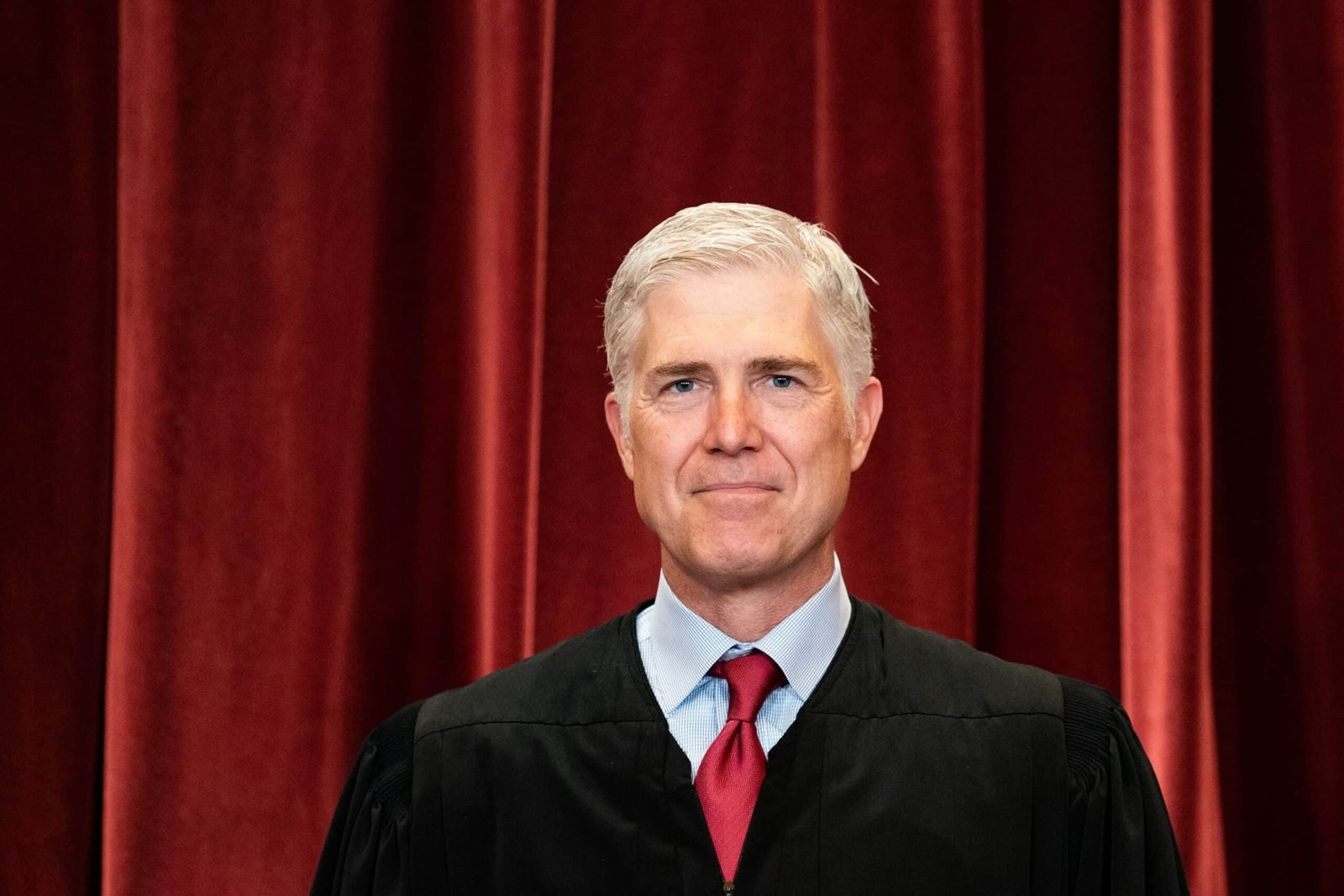Justice Ketanji Brown Jackson exploded ‘narrow -minded’ judging in the Supreme Court: Analysis

Judge Ketanji Brown Jackson who was revealed to his Supreme Court colleagues on Friday in a series of sharp differences of opinion, punished what he called the “Pure Textualism” approach to interpreting the law, which he said had become the pretext of securing the desired results, and implied that conservative enlargers had deviated from their oath by showing their favorite “money.”
The majority of the Court’s Conservative Attack by Junior Justice and Liberal Wing Members are very pointed and aggressive but stopped to get personally. It straightened the striking divisions in the court and was buried in the minority of what Jackson described as the application of inconsistent and unfair precedents by those who were in power.
Jackson is aiming at Neil Gorsuch’s justice Majority opinion In a case brought by a retired Florida firefighter with Parkinson’s disease who had tried to sue the American law with disabilities after his former employer, Sanford City, canceled an extended health insurance coverage for retirees who left troops before serving 25 years due to disability.

Judge Neil Gorsuch was established during a photo of the judge group at the Supreme Court, April 23, 2021.
Image Erin Schaff/Pool/Getty
Gorsuch writes that the Tengara law only protects “individuals who meet the requirements” and that retirees do not count. There is defining classes that meet the requirements as those who “can perform important functions from the work position owned or desired by the individual.”
“This court has long recognized that textual limits in the scope of the law must be understood as part of its purpose of its substantive authorization,” Gorsuch concluded in his opinion in Stanley v. City of Sanford. It joined all the conservative courts and liberal justice Elena Kagan.
Jackson replied, accusing his colleagues of achieving “stingy results” and deliberately ignoring “a clear design of existing to give a verdict that clearly counteracts what the congress meant – and do – reaching” with the law. He said they had “ran in a series of textualist circles” and that the majority “closed his eyes to the context, the enactment of history and legislative goals.”
“I can’t obey the narrow -minded approach,” he wrote.

Judge Ketanji’s partner Brown Jackson posed for an official portrait in the Eastern Conference Room of the Supreme Court Building, 7 October 2022.
Alex Wong/Getty Image
Gorsuch replied that Jackson only complained that textualism did not make him the result he wanted, pushing Jackson to take a rare step to use long footnotes to accuse his same colleague.
Said the majority had a “unfavorable misunderstanding about the role of the judiciary,” Jackson said his colleagues “rejection” to consider the intention of the congress behind there “changed interpretative tasks into a strong weapon to advance the preferences of the judicial policy.”
“By ‘finding’ the answers in ambiguous text,” he wrote, “and not hassle -the trouble considers whether the answer is in harmony with other legal meaning sources, pure textualists can easily disguise their own preferences.”
Judge Sonia Sotomayor, who joined the parts of Jackson’s differences of opinion, explicitly did not enter the footnotes.
Judge Elena Kagan, a member of the liberal wing, joined the majority of conservatives in the three cases where Jackson did not agree, but he did not explain his view. In 2015, Kagan was famous, “We are all textualists now” from the court, but years later deny the approach to the alleged harassment by conservative law experts.

The Supreme Court of the United States (Front Row LR) Associate Justice Sonia Sotomayor, Associate Justice Clarence Thomas, United States Chief Justice Chief John Roberts, Associate Justice Samuel Alito, and Associate Justice Elena Elena Kagan, (Back Row Lr) Associate the Supreme Court of Amy Coney Coney Barrett, ( Associate Justice Neil Goorsuch, Back Row Brr) Kavanuing Conference Cavanus connection, connection connection connection connection connection connection connection connection connection connection connection connections Koney, Neil Gorsuch, Supreme Court Building Room, 7 October 2022.
Alex Wong/Getty Image
In two other cases that were decided on Friday, Jackson accused his colleagues to distort the law of gaining a large American business and thus “eroding public trust.”
He did not agree with judge Amy Coney Barrett Majority opinion In favor of the main tobacco manufacturer, RJ Reynolds Vapor Co., who gave the ability to demand the administration of food and medicines for the rejection of new product applications for smoking e-ra.
Barrett concluded that the federal law intended to regulate the manufacture and distribution of new tobacco products also allows retailers who will sell products to find a judicial review of the disadvantaged FDA decisions.
Jackson condemned the conclusion as “illogical” again brought his colleagues to the task because he was not enough to consider the intention of the congress or precedent that had long existed. “Every available index reveals that the congress intends to allow producers – not retailers – to challenge the rejection,” he wrote.
Court 7-2 decision By Judge Brett Kavanugh, giving gasoline producers the right to sue California over the limit of emission-producing cars, Jackson said his colleagues support the fuel industry rather than “Plaintiffs who are not strong.”
“This case gives animal feed to unfavorable perceptions that the interests of money enjoy an easier way to make assistance in this court than ordinary citizens,” he wrote.
Jackson believes that this case should have been debated, because Trump’s government withdrew the EPA approval for California emissions standards so as to eliminate alleged losses to the car and fuel industry.

Supreme Court, September 28, 2020, in Washington, DC
Image Al Drago/Getty
“We who get privileges to work in court may not forget the unique mission and responsibilities of this institution: to govern without fear or help,” he wrote, warning his colleagues.
The next court is scheduled to convey Thursday, June 26, to release another round of opinions in the cases of this term. The decision is expected to be in disputes about online age verification for adult websites, the right of parents’ opt-out for children in public schools exposed to LGBTQ themes, and, the scope of national orders on the second term policy of President Donald Trump.






